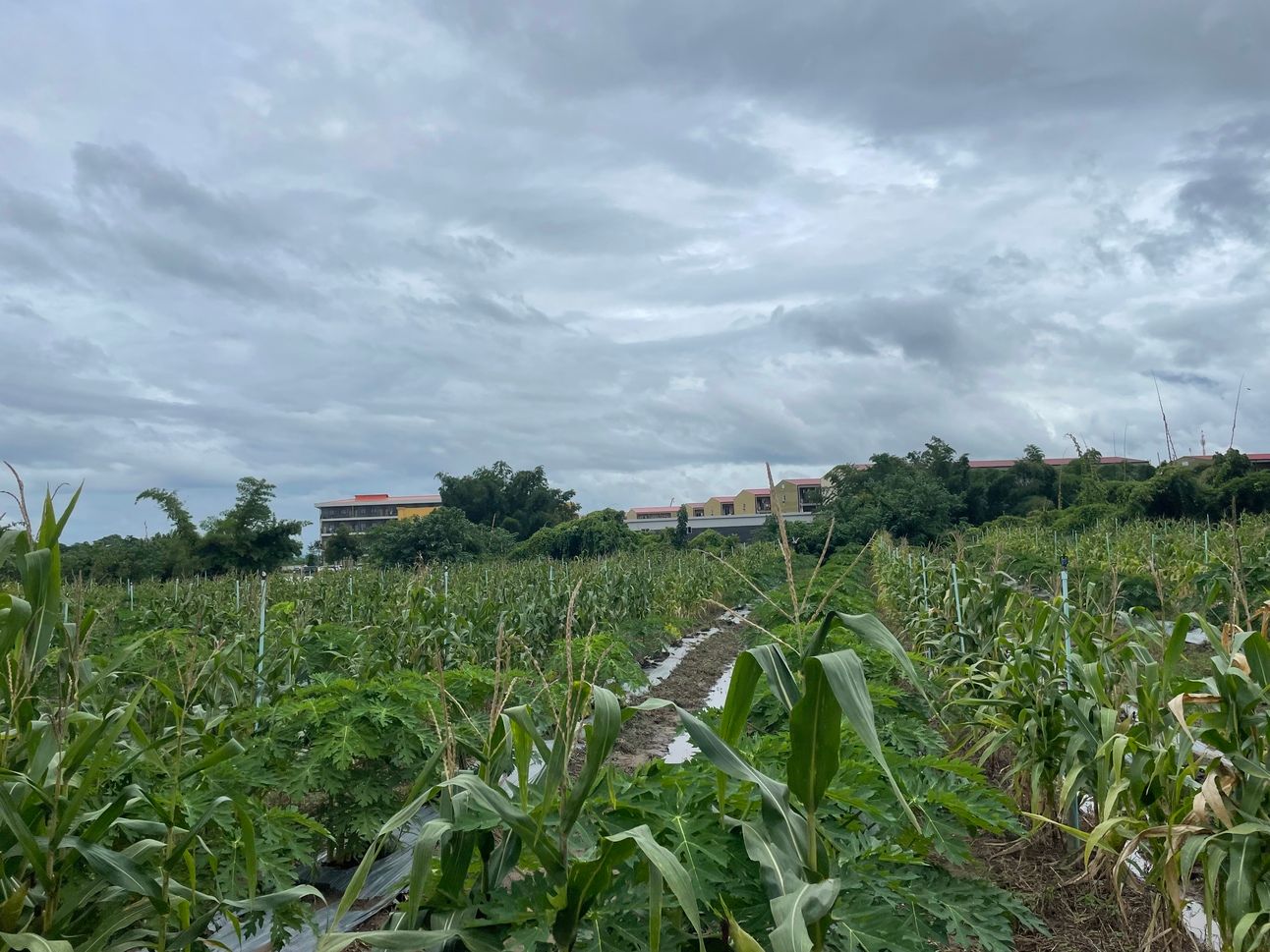
Scam camps are visible from the Thai side of the border with Myanmar, where tens of thousands of people are imprisoned and forced to scam people. Maisoong, CC BY 4.0 https://creativecommons.org/licenses/by/4.0, via Wikimedia Commons
What you probably already know: Those scam texts and emails you get are likely coming from one place — and no, Nigerian princes are no longer the top culprits. Myanmar has become the epicenter of scams, where gangsters have kidnapped and imprisoned tens of thousands of people. Those prisoners are then forced to spend their days trying to scam people in the U.S., Europe and China. Over the last few weeks, Chinese and Thai officials have executed a rescue mission in the region where many of the prisoners are being kept, in some cases flying them back to China, where many were from.
Why? A Chinese actor was recently trafficked to Myanmar to one of these scam camps after visiting Thailand, setting off a wave of fear by Chinese tourists who have canceled plans to visit the country after news of the kidnapping spread. That prompted the Thai government to intervene in Myanmar, which has been declared the most lawless and lucrative places on earth. The country’s brutal civil war four years ago left a group of warlords, arms dealers, drug lords and human traffickers in positions of power. Those groups have discovered that scamming people in wealthier countries is relatively easy to do, compared to other pursuits like drugs and arms dealing, and have built empires around it.
What it means: Thousands of people have been kidnapped in Thailand and smuggled across the border, according to the U.N., where criminals use torture to force them to commit scams like crypto-fraud, online dating phishing scams, TikTok shopping scams and celebrity deep fakes. The issue has become so rampant that it’s forcing governments to work together to root out the criminals and rescue the prisoners. But even on the day of the rescue, reports suggest construction was still underway on new prisons where the abducted workers are kept.
What happens now? Aid groups say there are about 7,000 people who were rescued from the scam centers who are now sheltering in hangars in a militia area in Myanmar awaiting permission to enter Thailand. Diseases are starting to break out, officials told the New York Times, and it’s quickly becoming a humanitarian crisis. It’s a prime example of when foreign aid can help with what is also an international crime crackdown.

